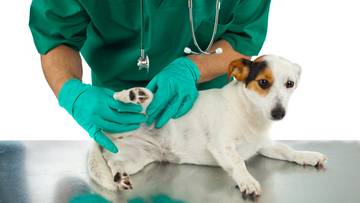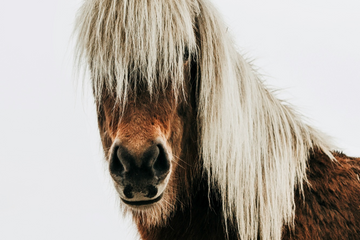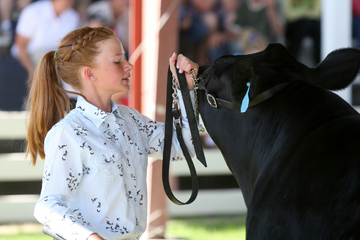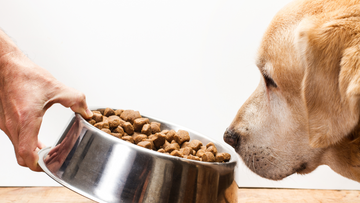West Nile is a disease caused by a virus (WNV) carried by mosquitoes. Mosquitoes first become exposed to the virus when they feed on infected birds. Once the mosquito is infected, it may transit the virus to people or to animals when it bites them. People cannot get West Nile Virus from infected horses, and horses do not pass it on the other horses. However, mosquitoes can transmit the disease to humans in the area if they first bite infected horses. Infected horses begin to show signs of disease as early as three to 15 days.
Africa, Eastern Europe and West Asia have long experienced the impact of WNV; however, the disease is fairly recent to North America with the first case diagnosed in 1999. Following transmission by an infected mosquito, West Nile virus multiplies in the horse’s blood system, crosses the blood brain barrier, and infects the brain. The virus interferes with normal central nervous system functioning and causes inflammation of the brain.
Signs include:
- Loss of appetite
- Depression
- Loss of coordination
- Muscle weakness
- Muscle trembling
- Impaired vision
- Inability to swallow
- Recumbence or inability to stand
*Occasionally infected horses may have a fever, droopy lip or muzzle, twitching, circling, or grinding of teeth.
If your horse exhibits abnormal behavior or any neurological signs (such as ataxia), call your veterinarian immediately. It is very important to rule out other neurological diseases such as rabies, equine protozoal myeloencephalitis (EPM), the viral encephalitides (e.g., Eastern, Western, and Venezuelan equine encephalitis
There is no specific treatment or cure for infected horses. Veterinary care includes administration of anti-inflammatory drugs and intravenous fluids (if necessary). Supportive care is extremely important for infected horses to ensure adequate food and water consumption, protect the safety of the horse (to prevent injuries), and to prevent pressure sores in recumbent horses. Since there is no cure for WNV, prevention is key to minimizing the chances of horses becoming infected with the virus.
Horse owners should consult their veterinarians regarding vaccination. The vaccine shots are of no value if they aren't given prior to exposure to the disease. The vaccines require two doses, administered three to six weeks apart, and full protection doesn't develop until four to six weeks after the second dose. Sometimes a third dose is recommended. Boosters are recommended, but recommendations vary and depend upon mosquito infestation where you live. It can take from 7 to 12 weeks for the horse to develop maximum resistance to infection.
Mosquito control is the most important:
Mosquitoes lay their eggs in standing water and water tanks and automatic waterers are prime sources of mosquito larvae and water must be changed frequently. Keep your horse indoors during the peak mosquito activity periods of dusk to dawn. Screen stalls if possible or at least install fans over your horse to help deter mosquitoes. Remove any birds, including chickens, located in or close to a stable. Don't forget to protect yourself, as well. When outdoors in the evening, wear clothing that covers your skin, and apply plenty of mosquito repellent.










